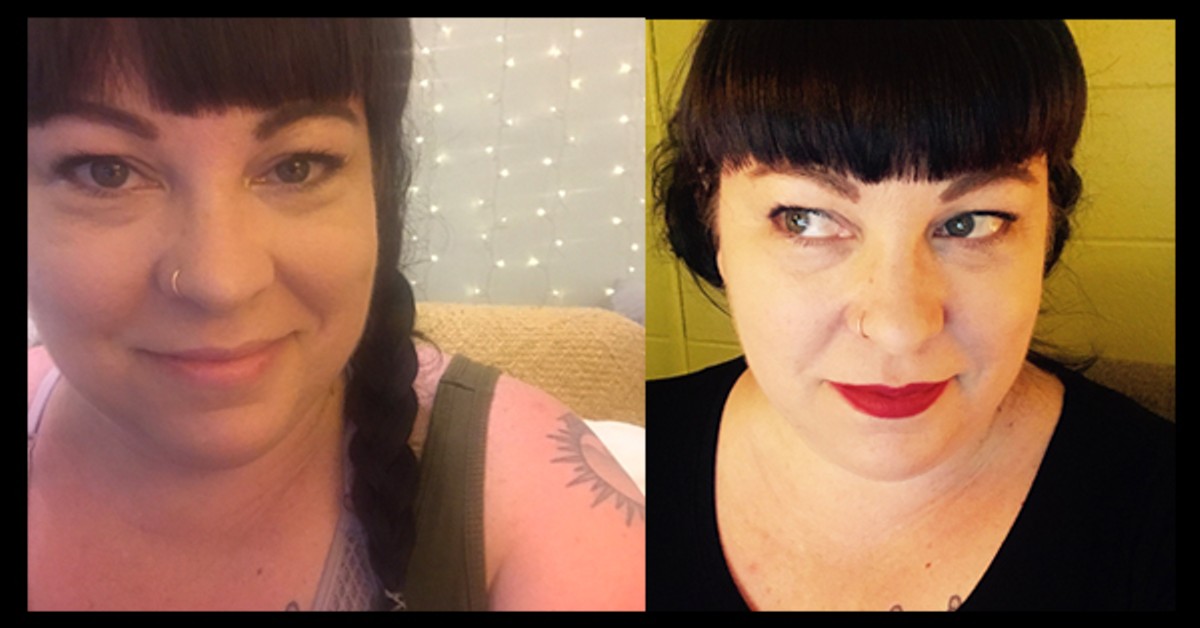We’re nearing the end of Pride month, which means the straights are feeling fatigued and posing thought-provoking questions such as “when is straight pride?” and “why won’t gay people stop talking about being gay?” Maybe, it has been repeatedly suggested, people wouldn’t hate the LGBTQ community so much if we would just sit down and be quiet for a while. After all, we can get married now, proof that we are now indistinguishable from straights in every way. Even Alan Hollingshurst, famed gay Booker Prize-winning author, said earlier this month that gay stories are essentially “over.”
But I always click on “Guess what, world? I’m queer!” headlines. The reasons are probably obvious: It gives me a feeling of validation, an experience of commiseration and a boost of inspiration. Queer stories carry the pride contagion, but they’re not one-size-fits-all, which is why we need as many of them as possible.
Hollingshurst said gay stories aren’t as exciting because there’s no titillating element of doing something wrong, or illegal, anymore. And, while it’s fantastic that this acclaimed author of an award-winning gay novel lives in a bubble of acceptance, that bubble is not available to, for example, the former UK football player Landon Foster, who was the punter from 2012 to 2016 and on June 20 penned a coming-out essay for Out Sports.
To be honest, his essay was a little bloodless for me. I had trouble finding the story’s heartbeat, probably because the day before I read it, I had watched the new Netflix special, “Nanette,” by Hannah Gadsby. In this special, Gadsby begins with the usual stand-up bits — the wacky things people say to butch lesbians — but halfway through, flips the script and unleashes her real feelings about being gay in Australia’s Bible Belt. It’s raw, shocking and a rare instance of a woman refusing to care what people think, as she tells her audience that she knows they’re uncomfortable, and that’s too bad, because they’re going to have to sit with that discomfort.
It’s an incredibly brave set — brave not because she refuses to look feminine, but because she’s committing the biggest taboo possible for a woman: She doesn’t ask nicely and spends the rest of the special eloquently venting unpretty rage about the ways she’s been hurt and abused by the patriarchy, her country and, most of all, straight white men. You bet there are allusions to Trump.
By the end, I — along with her live audience — was sitting in stunned silence.
And then there’s Foster’s story. If every written text is an argument, then Foster’s coming out essay makes the argument that he is a good person who is worthy of acceptance, like a closing argument in a case where he has been charged with his humanity being spoiled by his sexuality. Foster writes, “[My sexuality] doesn’t change anything. It doesn’t change my compassion for others. It doesn’t change my work ethic. It doesn’t change my values.”
Foster focuses on his worth, integrity and personal growth, saying, “I am sure I will receive some backlash for writing this, but if there is one person it helps, then it will be worth it. I have been through hell, especially during my college years, trying to come to grips with who I am while also representing my university and football team. I was representing these institutions in a state that garnered national attention for anti-LGBT sentiment just days after I had come out to my parents, weeks before my senior season and ultimately leading to my departure from the sport that I always envisioned as being a part of my life.”
I think the backlash will be minimal, considering these are the only criticisms Foster leverages against the institutions and systems that kept him in the closet. Conservative ideology forbids inspection the framework that supports oppression — to do so would be to paint oneself as a victim, the opposite of bootstrap mythology.
So Foster might not be telling anyone to fuck themselves, but his essay is courageous because of his position and the world he lives in. In this way, his optimism is as courageous as Gadsby’s rage. Courage is contextual and his world — the world he came out into — is a trifecta of conservativism: sports, business and the Bible belt. His story isn’t for me, but for other young men living in homophobic spaces and trying to reconcile that with their own sexuality.
One story I’m starting to see — one that gives me hope, even if it’s not my own — are stories such as the one actress Amandla Stenberg told when she came out as a lesbian in a delightful conversation she had with Wonderland Magazine, published earlier this week. Stenberg said that when she realized she was gay, she cried “joyful and overwhelmed sobs,” because she was “overcome with this profound sense of relief when I realized that I’m gay — not bi, not pan, but gay — with a romantic love for women.”
Here’s hoping for more stories like that.
In the meantime, I’ll find comfort from stories like Gadsby’s and draw power from her righteous anger. Like Gadsby, I’m not here for “not all men,” or for the general public getting a say in my worth or trying to get acceptance from people and places that refuse to grant it. Foster may be looking for acceptance, but I’m not concerned with that anymore and am perfectly fine flipping the finger to Matt Bevin for him, for contributing to that culture here in our home state that makes it so hard for people to come out.
So fuck off, Matt Bevin.
And thank you, Landon Foster, for your story.






